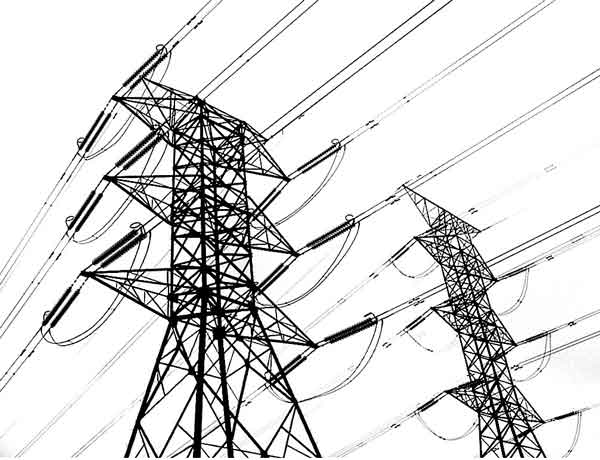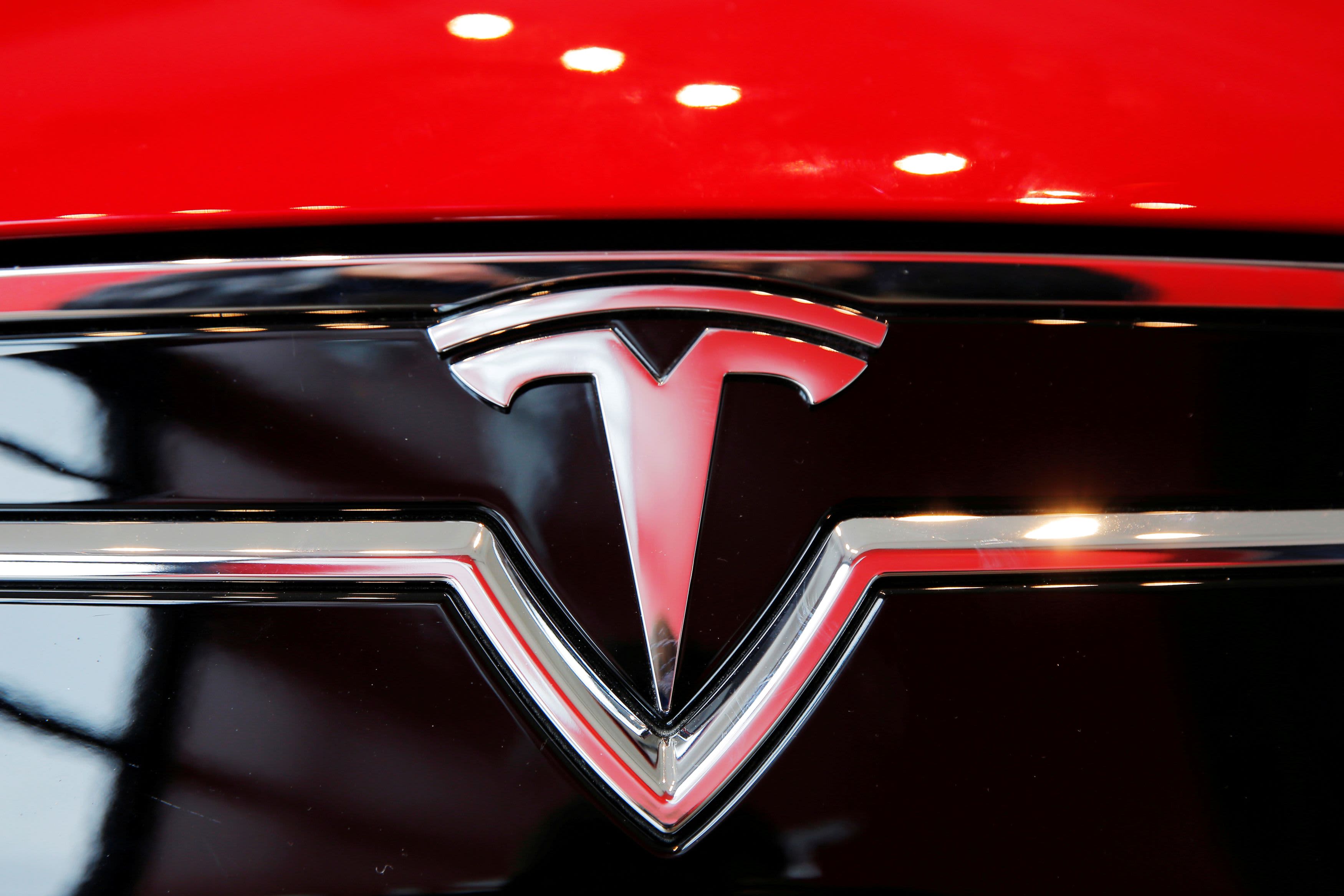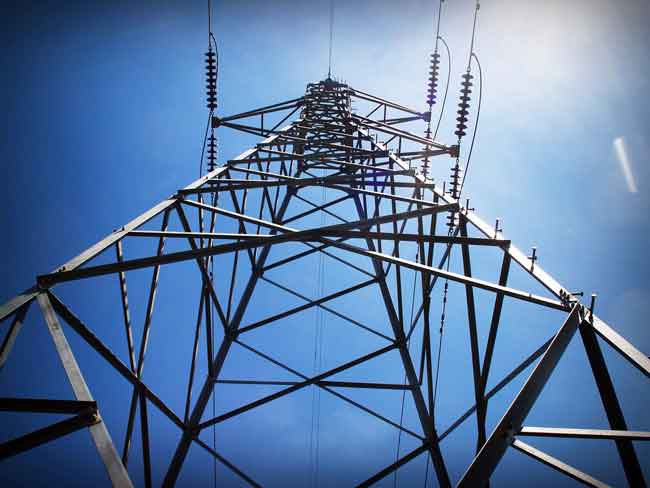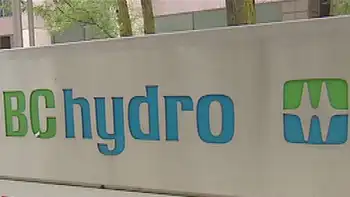County refuses to pay light bill
By Kokomo Tribune
High Voltage Maintenance Training Online
Our customized live online or in‑person group training can be delivered to your staff at your location.

- Live Online
- 12 hours Instructor-led
- Group Training Available
The Howard County commissioners voted not to pay the electric bill for the lighting around the courthouse.
Auditor Ann Wells said she questioned the bill last year when the city wanted the county to pay for the lights twice a year.
"The decision was made to pay the bill and discuss it this year," she said.
Wells believes, as do other county officials, that the cost of the electricity for the lighting should be paid by the city of Kokomo.
Jeff Rudolph, utilities manager for Kokomo, said that the county has been paying the light bill for years and county officials never discussed not paying the bill with city officials.
"Why all of a sudden does the county decide to stop the payment?" he said. "This should have been discussed first."
Rudolph said the city is billed $6.24 per month for each of the 12 lights or $74.88 by Duke Energy. The quarterly bill to the county would be $224.64, according to the cost figures provided by Rudolph.
County officials said they received a bill in the amount of $626.44 for the electric bill for the 12 lights around the courthouse for the last three months of 2006. That amounts to a bill of $52.20 per light.
Rudolph said he thinks the bill to the county is for six months, not three.
Duke Energy changes the light bulbs in the lights, Rudolph said.
The city of Kokomo pays to have trash picked up on a daily basis at the three county government office buildings, the Howard County Courthouse, Howard County Administration Center and the Howard County Annex.
"We don't pick up trash for any other business," he said. "If the county doesn't want to pay for the lights, maybe we should stop picking up the trash."
County officials believe the lights are located on city property because they are located within one foot of the sidewalk.
Commissioner Brad Bagwell asked why the county would be billed for the lighting around the courthouse when other businesses in the downtown area are not charged for the lighting.
Bagwell made the motion, which was passed, that no payment would be made until there is a written agreement between the city and county indicating the county is responsible for the payment.
It is doubtful that county officials would enter into an agreement with the city to pay for the cost of the lights, he said.
"We were told there was a gentlemen's agreement in the past that the county would pay for the lights," Bagwell said. "I don't know why the county would pay it when no one else is charged for street lights in front of their property."
Before any additional lighting bill is paid there would have to be a written interlocal agreement signed, he said.
"We need the agreement so that we can authorize the payment," Bagwell said.











